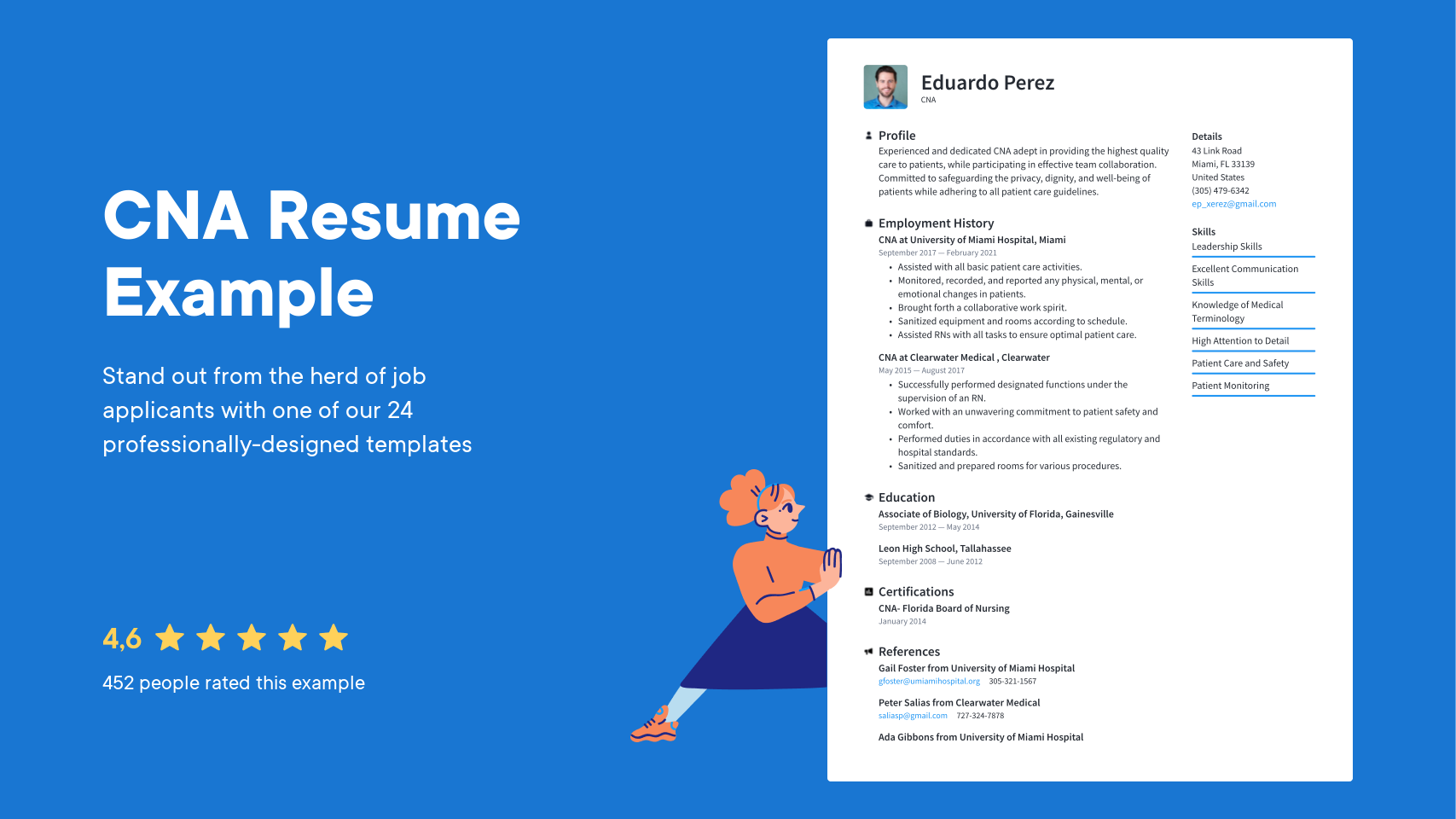
You are not the only one who has ever wondered what a licensed practical nursing (LVN), does. LVNs work in healthcare facilities, caring for the convalescents, disabled, the injured, and the sick. They also maintain patient records.
LVNs monitor patients' vital signs
LVNs are responsible in providing compassionate, safe, and focused nursing care. They have to pay attention to the patient's concerns and evaluate their own skills and competency. When making assignments, LVNs must take into consideration the safety of the patient. They are trained for the identification and response to signs of deteriorating medical condition.
An LVN performs many tasks, including monitoring patients' vital signs and maintaining patient charts. They can also assist patients with their basic hygiene and personal care, as well as administering medications, injections, or catheters. They may also assist patients with dressing changes and bathing, bring down fevers with alcohol rubs, start IVs, and provide emotional support. The scope of practice for an LVN varies, but they must always work under the supervision of a registered nurse or physician.

They keep their charts up-to date
Safe maritime practice includes keeping LVNs' charts up-to date. Not only must LVNs have the most current information, but they also need to identify and apply the relevant notices to charts they use. Infraction of SOLAS can lead to the ship being in danger. This can lead to action by port control officers.
They are available to patients and their families.
You'll be able to care for patients as a licensed vocational nursing nurse. You will have the ability to interact with patients and families, as well as assist in routine and specialized clinical procedures. Opportunities for advancement are also available to LVNs in the nurse practitioner and physician assistant roles.
LVNs who work at emergency departments often have to deal with emergency patients. These nurses need to have great interpersonal skills in order to communicate with patients' families. They should also be able use medical machinery to ensure patient safety and efficiency. They are also able to provide extra support in order to maintain operational flow in an emergency room.
They communicated with RNs
LVNs assist patients with medical care every day, and they communicate with RNs. They provide care for patients by taking vital signs, preparing medications, and reporting adverse drug reactions. They also help with routine lab testing and work closely with physicians on staff. A close relationship between the LVNs and their patients results in a high level on-the-job happiness. LVNs are also able to promote hope, healing, health, and hope, which is one of nursing's core values. They enjoy a diverse and varied work environment and have numerous opportunities for professional advancement.

You can accept orders from a physician assistant as an LVN. However, each order must be verified with the doctor. LVNs should perform CPR if a patient is in serious condition. LVNs are not allowed to pronounce the death of a patient, but they can follow physician orders for post-mortem care or death pronouncement.
They work nights and weekends as well as holidays.
LVNs take care of a variety patient care functions. They can be responsible for triage, patient education, laboratory testing, blood collection, and preparation of patients for examinations. They must be flexible and willingly work nights, weekends, or holidays. LVNs typically work full-time, but some positions may require them to work evenings and weekends.
LVNs work in hospitals and nursing homes where they provide basic healthcare and comfort measures. They may work during weekends and holidays, and may work alongside registered nurses or doctors. Some LVNs are also available for patients' home visits.